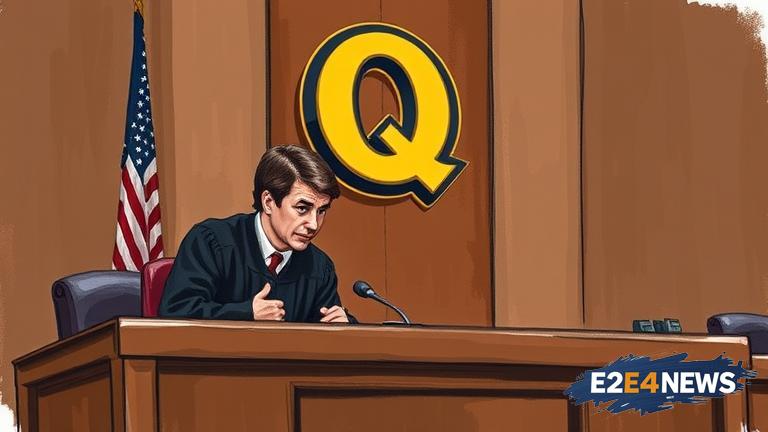In a recent legal development, a federal judge in Colorado has dismissed the claims brought by survivors of the tragic Club Q shooting. The judge’s decision, while acknowledging the profound tragedy, was based on the necessity to adhere to legal standards. The lawsuit targeted the gunman and his estate, but the dismissal does not preclude the survivors from pursuing their claims in state court. This ruling underscores the legal system’s constraints in addressing such cases at the federal level. The survivors expressed disappointment but remain determined to seek justice through state avenues. Legal experts highlight the challenges in holding perpetrators accountable posthumously, emphasizing the importance of state laws in such scenarios. The LGBTQ+ community, deeply affected by the shooting, continues to advocate for stronger protections and support for victims. The case has reignited discussions on gun control and mental health, stressing the need for comprehensive solutions. As the survivors explore state court options, their resilience and pursuit of justice serve as a testament to their strength. The broader implications of this case may influence future legal strategies for victims of similar tragedies. The community remains united, seeking healing and systemic change to prevent such incidents. The legal team for the survivors has indicated plans to file in state court, where they hope to find a more favorable outcome. This case serves as a reminder of the complexities in seeking legal recourse for victims of violence. The dismissal, though a setback, does not deter the survivors’ resolve to hold accountable those responsible. The ongoing debate over gun laws and mental health interventions continues to be a focal point in public discourse. The Club Q shooting’s impact extends beyond the courtroom, affecting the entire community’s sense of safety and security. As the legal process unfolds, the survivors and their supporters remain committed to ensuring that their voices are heard and that justice is served. The case’s outcome may set precedents for future cases involving similar circumstances, making it a critical point of interest for legal scholars and advocates alike. Ultimately, the dismissal serves as a call to action for legislative changes that could prevent future tragedies and support victims more effectively.
